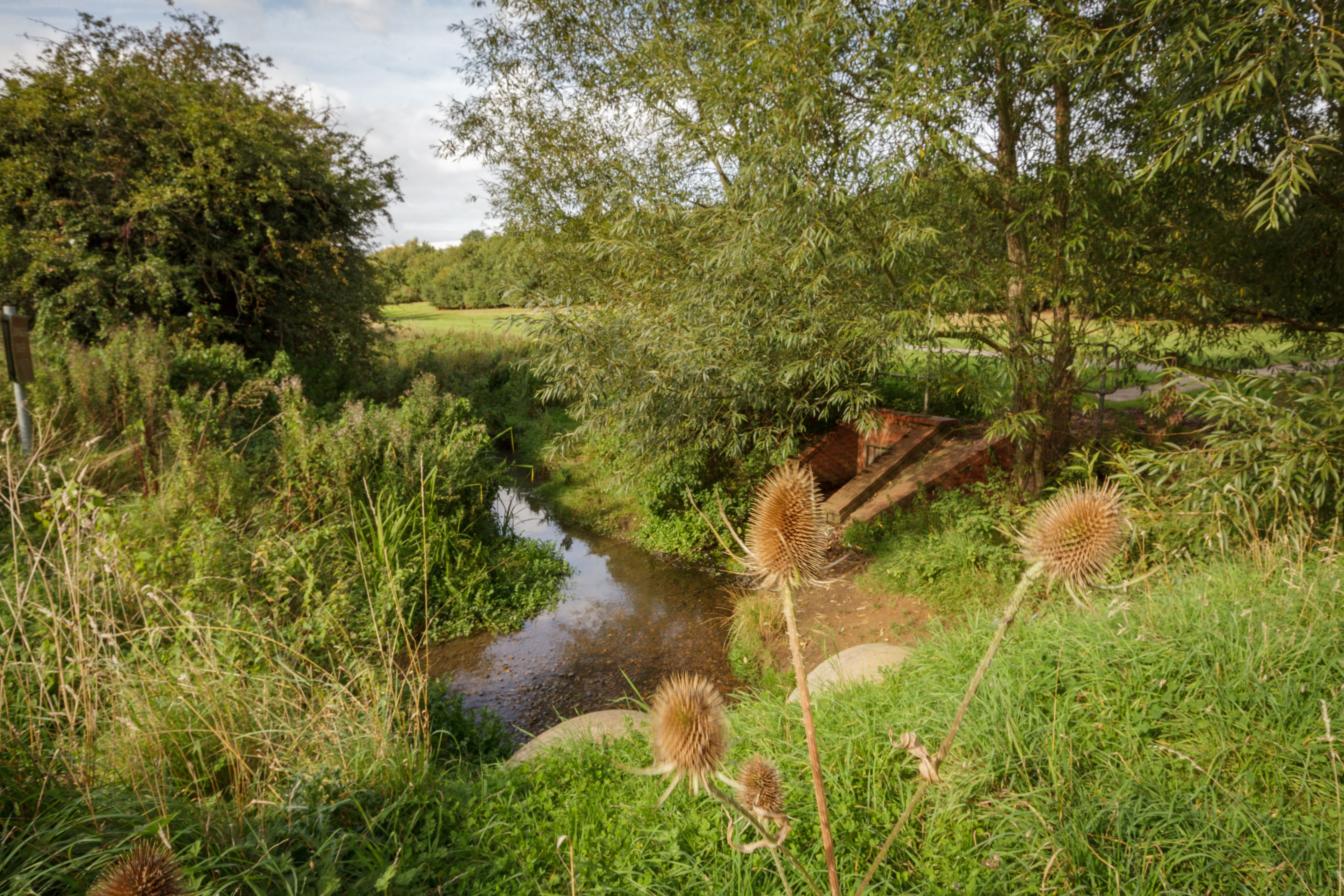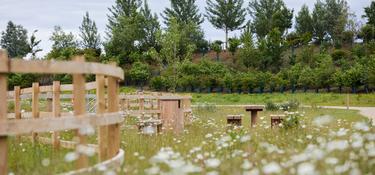In the Environment Act 2021, it was confirmed that at the start of 2023 that property developers would need to deliver a minimum 10% biodiversity net gain (BNG) across all large domestic, commercial and mixed used sites. The legislation was originally set to come into force in November of this year, however delays to the flagship policy have pushed the changes back to January 2024.
What is the legislation?
The new legislation requires property developers to implement measures within their planning applications that contribute to the recovery of nature while developing land, improving biodiversity by a minimum of 10%. This means protecting and enhancing the habitat for wildlife and nature so that it is in a better state than it was before development. Depending on the feasibility of the land, the legislation can be met either on-site or off-site at land owned nearby, or through units bought from a land manager. The biodiversity of a proposed development must then be maintained for a period of 30 years.
Why is it important?
Biodiversity and ecosystems are vital for human preservation, economic prosperity and for the healthy future of our planet. However, since the 1970s the UK has lost 41% of its species, with 15% of those found in the UK said to be under threat from extinction. With this in mind, it’s crucial that everyone developing land contributes to the recovery of nature, making sure the natural environment for wildlife is improved.
How can we measure BNG?
In order to demonstrate a measurable increase in the biodiversity fostered on site, organisations such as Natural England have developed metrics that can be used. Their assessments provide a baseline to calculate the value to both the existing site and the proposed development.

Installing best practice
At Prologis UK, we are leading the charge on biodiversity best practice, and have been for a considerable time. In fact, we’ve been proactively incorporating BNG into our schemes many years.
It all begins at the masterplanning stage, understanding the development site and how any approach to encourage biodiversity can be achieved, whether this is on the development site itself, or the available land nearby. For example, the approach taken to an urban logistics site would differ significantly to that taken for one on the outskirts of an urban area. Collaboration is key for this and we work with local authorities and wildlife trusts to help with our approach and reach the best outcomes for the environment.
It’s also important to create a balanced design, that considers both ecology and amenities that attract and improve working environments. This could be through a combination of sustainable drainage such as onsite ponds and paved pathways and cycleways.
Prologis BNG in action
We’ve focused closely on designing landscapes at our Parks that attract and encourage wildlife. For example, at DIRFT in Northamptonshire, we’ve created a 193-acre nature reserve, Lilbourne Meadows, which is managed by the Wildlife Trust, where a mixture of wetland and grassland habitats sit side-by-side with extensive hedgerows, providing varied ecosystems.
Importantly, the proposed legislation does not restrict us to only a 10% net gain, and wherever we can we aim to enhance biodiversity as much as possible at our Parks. At a scheme in central Luton which recently gained planning consent, extensive work was undertaken in relation to the landscape and ecology baseline of the site as part of the proposed redevelopment project. We are looking to transform the overgrown River Lea, which bisects the site, into a ‘green corridor’ by opening it up to deliver both amenity and ecological benefits to the surrounding communities.
Our approach to protecting and enhancing ecosystems at our Parks doesn’t stop at new developments, we are also revisiting our existing Parks , and looking at how making simple changes such as increasing existing grasslands and hedgerows, or introducing wildflower meadows, can make a difference.
BNG isn’t something that’s new to us; it’s been firmly on our radar for years. Whilst the delay in legislation is disappointing, the fact that preserving and enhancing our natural environment is so high on the political agenda is hugely encouraging and will only deliver a net benefit in future.
